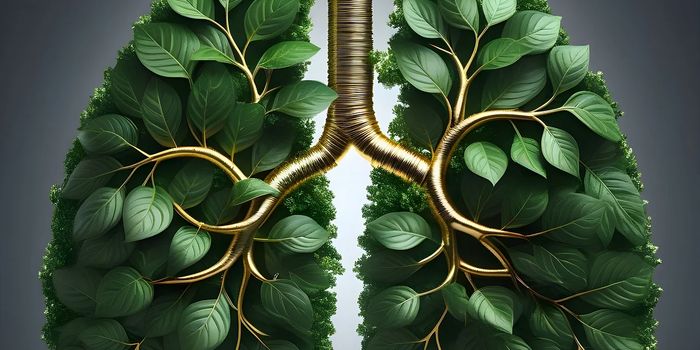Pumpkins: A Trick or a Treat for Cancer?
Cancer is a disease that impacts the whole person, wreaking havoc on an individual’s emotional and physical well-being. When a patient is diagnosed with cancer, diet often comes into question. Many patients want to do everything and anything they can to fight their disease, including following a diet that could improve long-term prognosis.
While no standardized “cancer diet” exists, many foods provide valuable nutrients that could aid cancer treatment. In honor of today’s celebration of Halloween, we will explore the nutritional value and anti-cancer properties of pumpkins. Patients should always consult their doctor before making major changes to their diet.
Scientific classifications for pumpkins include Cucurbita pepo, Cucurbita moschata, Cucurbita maxima and Cucurbita mixta. Scientists and botanists classify pumpkins into these groups based on their texture and stem shape. Believe it or not, more than 100 varieties of pumpkin exist! While many pumpkins exhibit the signature orange color of what we think of as the perfect jack-o-lantern pumpkin, other members of the pumpkin family appear green, white, or even blue.
We know pumpkins as vine-growing fruits that can be fried, baked, or added some of our favorite foods like pasta, soup, or pie. However, pumpkins contain a variety of nutrients that could prove beneficial to a patient undergoing cancer therapy. Primarily, pumpkins provide antioxidants, chemicals that neutralize molecules that can cause damage to cells. In particular, antioxidants counteract damage caused by free radicals, by-products of cellular metabolism that occur naturally. When free radicals build up in a cell, they can damage DNA which may increase cancer risk.
Most varieties of pumpkin contain high levels of a vital antioxidant called beta-carotene. While some studies investigating the clinical efficacy of carotenes show no benefit in cancer prevention, one extensive pooled analysis including more than a million women demonstrated a protective effect against estrogen receptor-negative breast cancers. The body uses beta-carotene to make vitamin A, another nutrient to aid a healthy diet. High levels of both beta-carotene and vitamin A correlate with a reduced risk of pancreatic cancer.
If you haven’t carved your Halloween jack-o-lantern yet, you may want to save the seeds! Pumpkin seeds also have the potential to boost health and immunity. Pumpkin seeds contain high levels of magnesium, a mineral that most Americans fail to consume in adequate amounts. In addition to aiding in general biological functions such as maintaining blood pressure and regulating blood sugar, pre-clinical studies show magnesium helps boost the immune cells that identify and kill cancer cells. (For more details on this work, see our previous Labroots article).
Clinical trials have investigated the efficacy of pumpkin seeds in cancer prevention. One study found that the consumption of pumpkin seeds significantly reduces breast cancer risk. Pumpkin seeds confer reduced risk of gastric, breast, lung, and colon cancers.
While randomized, controlled clinical trials investigating the true association between pumpkin consumption and cancer remain limited, the nutrients, antioxidants, and minerals found in pumpkins could easily fit into a healthy, well-balanced, and immune-boosting diet. Additional research could prove pumpkins to be a successful cancer prevention or treatment strategy. Until then, take a second to appreciate the potential medical benefits of the festive fruit between trick-or-treaters!
`
Sources: National Foundation for Cancer Research, Food Res Int, Recent Pat Inflamm Allergy Drug Discov, Am J Clin Nutr, Nature, Nutr Cancer, J Nutr, Cell, Asian Pac J Cancer Prev









